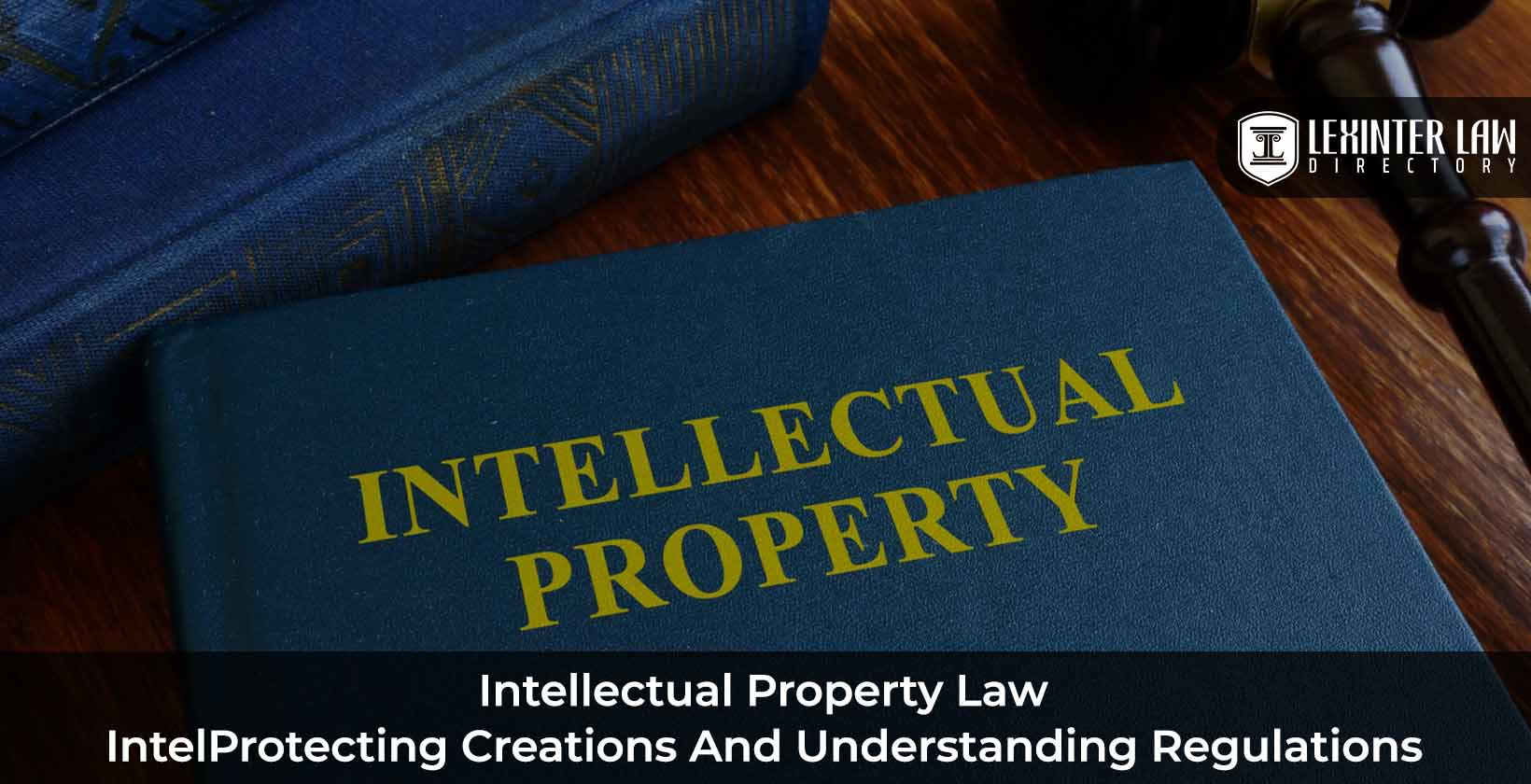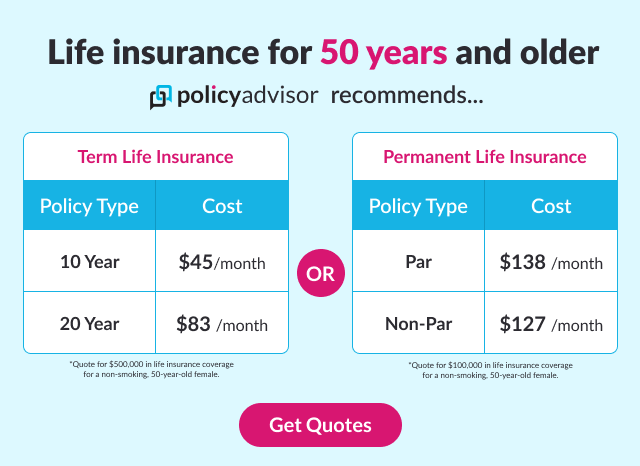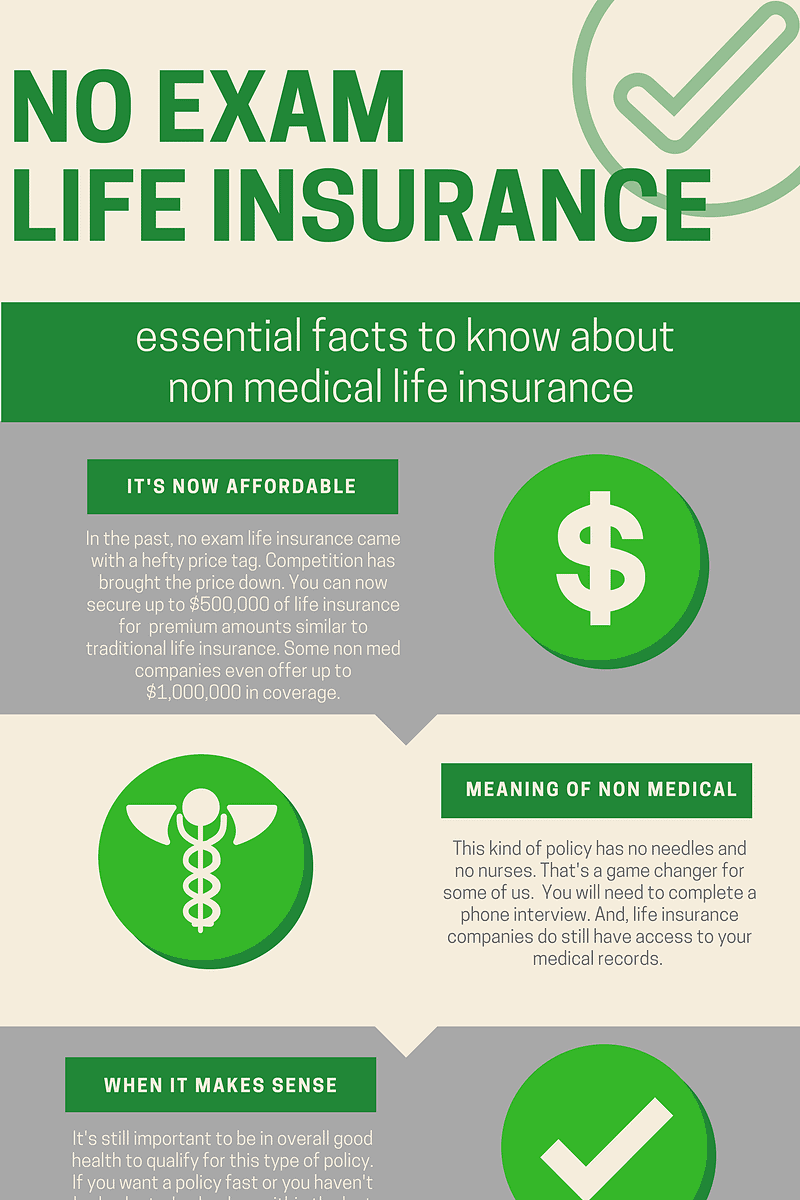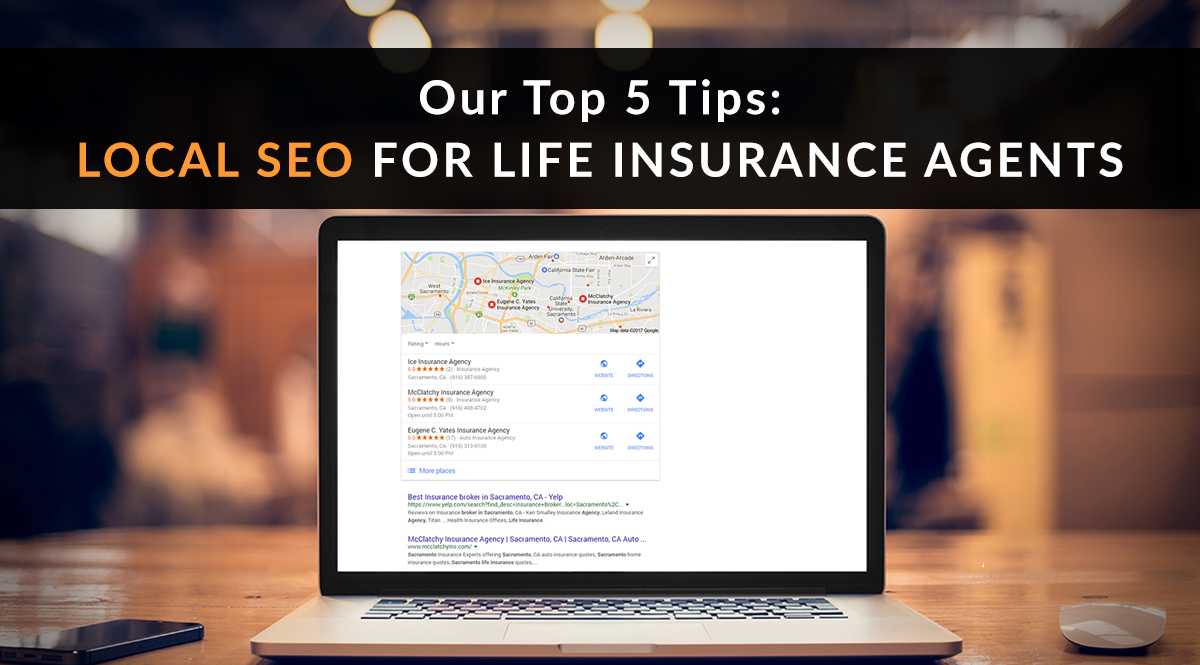What to Do After a Car Accident on Private Property Without Insurance
Imagine yourself involved in a car accident on private property, but to your dismay, you realize that you don’t have insurance. The adrenaline pumping through your veins as you try to process the situation can be overwhelming, but it’s crucial to remain composed and take the necessary steps to protect yourself and your interests.
First and foremost, ensure your safety and that of any passengers or individuals involved in the accident. Move your vehicle to a safe location if possible, but only if it doesn’t pose a hazard to you or others. Turn on your hazard lights to alert other drivers and pedestrians of the accident.
Next, gather as much information as you can. Exchange contact details, insurance information (if available), and driver’s license numbers with the other party involved in the accident. Take pictures of the damage to both vehicles, the accident scene, and any visible injuries. If there are any witnesses, obtain their contact information as well.
After collecting the necessary information, it’s essential to contact the police. Even if the accident occurred on private property, a police report will document the incident and provide an official record of what transpired.
Once you’ve taken these immediate steps, you need to consider the legal and financial implications of driving without insurance. Depending on your state’s laws, you may face penalties such as fines, license suspension, or even jail time.
To avoid these consequences, you should take proactive measures to get your insurance situation in order. Explore your options for affordable insurance coverage and make it a priority to secure adequate protection for yourself and your vehicle.
Car Accident on Private Property Without Insurance: What You Need to Know
If you’re involved in a car accident on private property, the first thing to consider is insurance. If neither driver has insurance, you’ll need to figure out who’s liable for the damages. This can be a tricky issue, but there are some general rules that can help you determine who’s at fault.
Determining Liability
In most cases, the at-fault driver is liable for damages, even if the accident occurs on private property. This means that if you’re hit by another car while you’re parked in your driveway, the other driver is likely liable for your damages. However, there are some exceptions to this rule. For example, if you’re driving recklessly on private property and you hit another car, you may be liable for damages, even if the other driver doesn’t have insurance.
If you’re not sure who’s at fault for an accident on private property, you should contact your insurance company. They can help you determine who’s liable and they can also help you file a claim for damages.
Besides determining liability, you should also consider the following factors after a car accident on private property without insurance:
- Exchange information with the other driver, including your name, address, phone number, and insurance information (if you have any).
- Take photos of the accident scene and any damage to your vehicle.
- Get a copy of the police report, if there was one.
- Contact your insurance company to report the accident and file a claim.
- Get a medical examination, even if you don’t feel injured. Some injuries may not be immediately apparent.
By following these steps, you can help protect your rights and ensure that you get the compensation you deserve.
Car Accident on Private Property: What To Do When You Don’t Have Insurance?
It’s a nightmare scenario: you’re involved in a car accident and you don’t have insurance, making things much more difficult to sort out. But don’t panic! Here’s everything you need to know about what to do if you’re ever in this situation.
Exchanging Information
The first step after any car accident is to exchange information with the other driver. This includes your name, address, phone number, and insurance information. If the other driver doesn’t have insurance, you’ll need to get their license plate number and contact information.
Calling the Police
If the accident is serious, you should call the police. They will be able to investigate the accident and issue a report. This report can be helpful if you need to file a claim with the other driver’s insurance company.
Collecting Evidence
In addition to exchanging information and calling the police, you should also collect as much evidence as possible. This can include photos of the damage to your car, the other driver’s car, and the scene of the accident. You should also get the names and contact information of any witnesses.
Filing a Claim
If the other driver is at fault for the accident, you can file a claim with their insurance company. The insurance company will investigate the accident and determine whether or not to pay your claim. If the other driver doesn’t have insurance, you may be able to file a claim with your own insurance company, if you have uninsured motorist coverage.
What If I’m Not At Fault?
If you’re not at fault for the accident, you should still follow the steps above. However, you may also want to consider hiring an attorney to help you get compensation for your injuries and damages.
Car Accident on Private Property Without Insurance: What You Need to Know
Getting into a car accident is never fun, but it can be even more stressful when it happens on private property and one or both drivers don’t have insurance. In these situations, it’s important to know your rights and what steps to take to protect yourself.
Documenting the Scene
If you’re involved in a car accident on private property, the first thing you should do is document the scene. This includes taking photos of the damage, collecting witness statements, and writing down a detailed account of the accident. If there are any injuries, be sure to get medical attention as soon as possible.
Exchanging Information
Once you’ve documented the scene, you should exchange information with the other driver(s) involved in the accident. This includes your name, address, phone number, insurance information (if you have any), and license plate number. If the other driver doesn’t have insurance, you may want to get their Social Security number or other contact information so that you can track them down later.
Reporting the Accident
In most states, you are required to report any car accident to the police, even if it happens on private property. The police will investigate the accident and file a report, which can be helpful if you need to file a claim with your insurance company or take legal action against the other driver.
Filing a Claim
If you have insurance, you should file a claim with your company as soon as possible. Your insurance company will investigate the accident and determine whether you are entitled to any benefits. If you don’t have insurance, you may be able to file a claim with the other driver’s insurance company. However, the other driver’s insurance company may not be willing to pay for your damages if they determine that the accident was your fault.
Taking Legal Action
If you are unable to reach a settlement with the other driver’s insurance company, you may need to take legal action to recover your damages. This can be a complex and time-consuming process, but it may be your only option if you want to get compensated for your injuries and property damage.
Car Accident on Private Property Without Insurance: What to Do
If you’ve been involved in a car accident on private property, you may be wondering what your next steps should be. Here’s a quick guide to help you get started:
Filing a Police Report
Filing a Police Report
Even though the accident happened on private property, consider filing a police report to establish an official record of the incident. This report can be helpful if there is any dispute about who was at fault for the accident or if you need to file an insurance claim. To file a police report, simply call the non-emergency number for your local police department and provide them with the details of the accident.
Exchanging Information
After the accident, be sure to exchange information with the other driver(s) involved. This includes your name, address, phone number, insurance information (if applicable), and license plate number. If there are any witnesses to the accident, be sure to get their contact information as well.
Taking Photos
If possible, take photos of the accident scene. This will help you document the damage to your car and the other vehicle(s) involved. Be sure to take photos from different angles and distances to get a clear picture of what happened.
Contacting Your Insurance Company
Even if you don’t have insurance, it’s still a good idea to contact your insurance company to report the accident. They may be able to provide you with some guidance on how to proceed. If you do have insurance, be sure to file a claim as soon as possible.
Getting Legal Help
If you’ve been seriously injured in a car accident, you may want to consider getting legal help. An attorney can help you file a lawsuit against the at-fault driver and recover compensation for your injuries.
Additional Tips
- Remain calm and collected after the accident.
- Don’t admit fault to the other driver(s).
- Call the police to file a report.
- Exchange information with the other driver(s).
- Take photos of the accident scene.
- Contact your insurance company.
- Get legal help if you’ve been seriously injured.
Car Accident on Private Property: What to Do When You’re Uninsured
It’s a scenario that no one wants to find themselves in: you’re involved in a car accident on private property, and you don’t have insurance. What do you do? Don’t panic! Here’s a step-by-step guide to help you navigate this stressful situation:
Contacting Your Insurance Company
Inform your insurance company about the accident, even if you don’t have coverage. They may provide guidance or assist with claims against the other driver’s policy.
Exchanging Information
Exchange vital details with the other driver(s) involved in the accident, including names, contact information, insurance details (if applicable), and license plate numbers. Jot down everything you can recall about the incident, including the date, time, and location.
Documenting the Scene
Take photos of the damage to your vehicle, as well as any visible injuries. Gather witness statements if possible. These will serve as crucial evidence in the event of a dispute or legal action.
Reporting to the Authorities
Notify the police. They will create an official accident report that can help determine fault and provide a neutral account of the incident.
Seeking Medical Attention
Check yourself and any passengers for injuries, even if they seem minor. Seek medical attention promptly, as some injuries may not manifest immediately.
Contacting an Attorney
Considering the complexities of dealing with a car accident without insurance, consulting an attorney may be wise. They can advise you on your rights, negotiate with the other driver’s insurance company, and represent you in court if necessary.
Additional Considerations
Property Damage: If your vehicle has sustained significant damage, you may be liable for the repair or replacement costs. Explore possible payment plans or negotiate with the property owner if you’re facing financial challenges.
Uninsured/Underinsured Motorist Coverage: Some insurance policies include uninsured/underinsured motorist coverage, which may provide compensation if you’re hit by an uninsured or underinsured driver. Check if you have this coverage and follow the claims process.
Financial Responsibility Laws: In many states, drivers are legally obligated to carry car insurance. Failure to do so may result in penalties, such as fines or license suspension. Ensure you comply with these laws in the future.
Safety First: Most importantly, remember that safety comes first. If you feel overwhelmed or disoriented after the accident, seek help from a trusted individual or call emergency services.
Car Accident on Private Property Without Insurance
Car accidents are never fun, but they can be particularly stressful when they occur on private property and one or both drivers don’t have insurance. Without the protection of insurance, you’re suddenly facing the full financial burden of damages and medical expenses. However, you’re not entirely without recourse. Let’s explore some steps you can take to protect your rights and minimize the financial impact of an uninsured car accident on private property.
Exchange Information and Document the Scene
After any car accident, it’s crucial to exchange information with the other driver(s) involved. This includes names, addresses, phone numbers, license numbers, and insurance information (if available). Take pictures of the damage to both vehicles, the accident scene, and any visible injuries. These photos will serve as valuable evidence.
File a Police Report
Even if the accident occurred on private property, it’s essential to file a police report. The police will investigate the incident, take statements from the drivers involved, and provide an official record of the event. This report will strengthen your case if you need to pursue legal action.
Contact Your Insurance Company
Even if the other driver doesn’t have insurance, it’s still a good idea to contact your own insurance company. They may be able to cover your damages under your uninsured/underinsured motorist coverage. This type of coverage is designed to protect you from financial losses in the event of an accident with an uninsured or underinsured driver.
Negotiate with the Other Driver
If the other driver is uninsured, you may be able to negotiate a settlement with them directly. This can be a risky approach, as the other driver may not be willing or able to pay for your damages. However, if you have a strong case and are able to negotiate a fair settlement, it can save you the time and expense of a lawsuit.
Consider Small Claims Court
If you’re unable to reach a settlement with the other driver, you may consider filing a claim in small claims court. This is a less formal and less expensive option than a traditional lawsuit. However, small claims court has its own set of rules and procedures, so it’s important to speak with an attorney before proceeding.
Seeking Legal Advice
If you’re having difficulty resolving the situation with the other driver or insurance companies, consider consulting an attorney for legal advice. An attorney can help you explore your legal options, negotiate with the other party, and represent your interests in court. While legal fees can be expensive, an attorney can help you maximize your recovery and protect your rights.




Leave a Reply